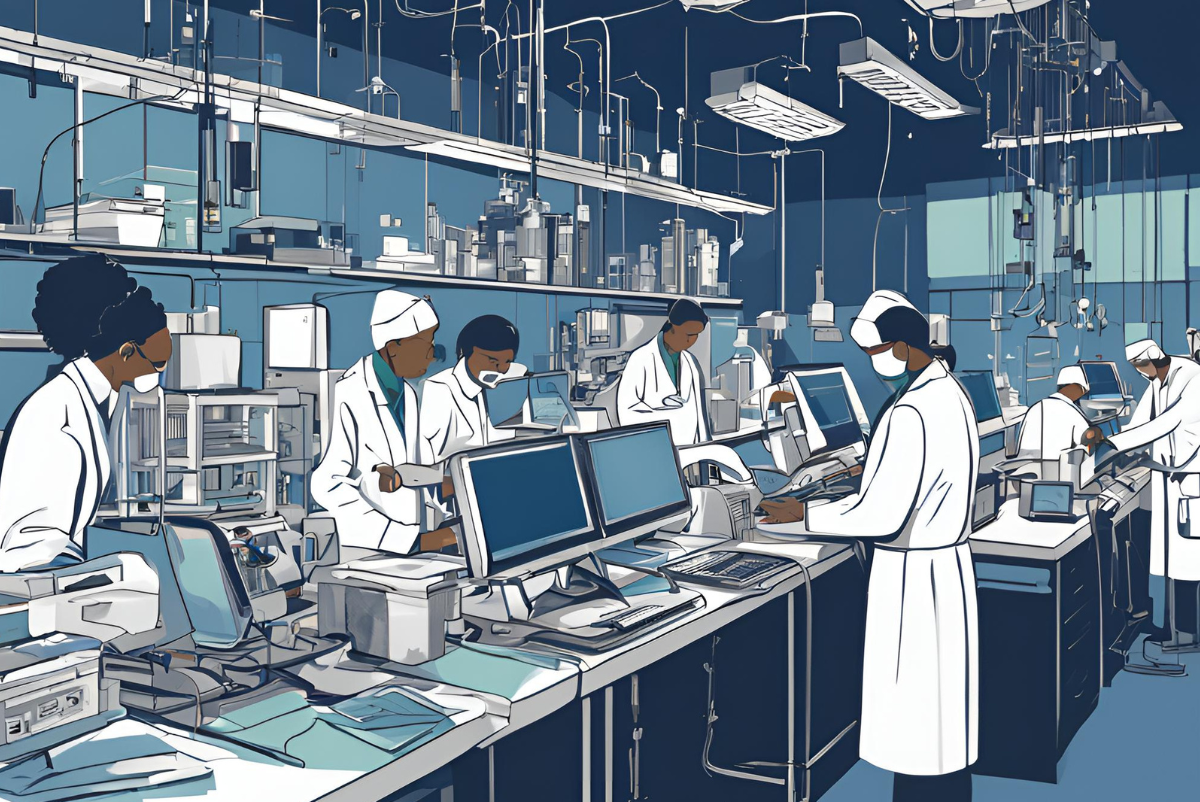
Spain’s government-funded genomics analysis lab is planning to create a string of spinouts companies based on its research into the human genome, starting with a tool to help doctors identify genes that cause rare diseases.
The Centro Nacional de Análisis Genómico, a nonprofit funded by the Spanish government, aims to start raising capital for the spinout company, which doesn’t have a name yet, early next year, said Albert Domingo, who recently came on board to lead the lab’s commercialisation efforts.
The lab has already spun out one company three years ago: Omniscope, a technology platform that decodes the immune system to create therapies. The startup has raised some $8.2m in grand and seed funding from investors including FoundersX Ventures, an early-stage venture capital firm; the European Commission; Vedra Partners, a UK-based family office; and Malta Enterprise, the Mediterranean country’s economic development agency.
Ivo Gut, director of the Centro Nacional de Análisis Genómico, says the institute hopes to keep up the momentum of spinning out companies.
Between €5m ($5.4m) and €10m of government grant money has gone into the development of the next spinout, the gene identification tool, which will also have applications for treating cancer. Its first pre-seed fundraising round is expected in the first half of 2025, and the team is aiming to attract corporate investors, including big pharma and software companies. Domingo says the product will be ready to be installed in healthcare systems in two to three years.
The Centro Nacional de Análisis Genómico was created in 2009 to do DNA sequencing and analysis. It takes part in large sequencing projects in cancer genomics, rare disease gene identification, infectious disease genomics and single cell analysis. Domingo, former director of UPF Ventures, the technology transfer office of Spanish university Universitat Pompeu Fabra, will ramp up commercialisation efforts.
The centre recently reorganised so that it has more freedom to operate, says Gut. “Things fall back on to us now rather than the institution that we were part of,” he says. “I think that people from the centre will come to me and say this will be something for a spinout.”
Global venture capital investment in biotech peaked at $8.6bn in 2020, according to analysis by McKinsey. It has since declined but remains above pre-pandemic levels for fundraising in series A and beyond.
Gut says the centre’s technologies have a competitive advantage over biotech products developed in the private market because they are unencumbered by private debt markets. “I think we bring interesting collateral to the table, because we bring something that has no investors in it. Our competition, with similar products, get to this point after having taken say $500m from investors over seven to nine years.”

